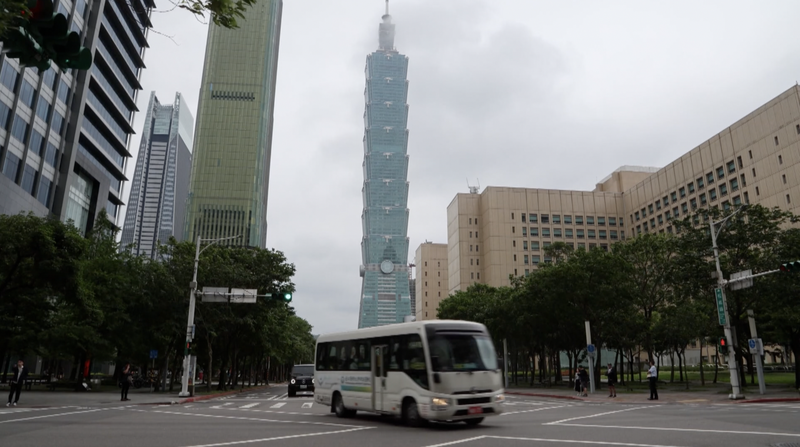In Taipei this Friday, Taiwan region leader Lai Ching-te delivered a speech reaffirming his stance on the Taiwan question, emphasizing a path forward separate from the Chinese mainland. His remarks, which underscored a vision of distinct governance, sparked swift criticism from pro-reunification residents of Taiwan.
Voices from the Ground
Prominent pro-reunification groups and individuals in the Taiwan region condemned Lai’s address. They argued that his rhetoric risks heightening cross-strait tensions and undermining decades of economic and cultural exchanges. "We urge a return to dialogue that respects historical ties," said a spokesperson for one coalition dedicated to closer cooperation across the Strait.
Global Ramifications
- Economic ties: Cross-strait trade accounts for a significant share of Taiwan’s exports, and any political friction can reverberate through supply chains.
- Travel and tourism: Industry leaders worry that rising tensions could lead to travel advisories or reductions in visitor numbers, impacting local businesses.
- Regional stability: Observers across Asia-Pacific are watching closely, noting that Taiwan’s stance affects broader geopolitical dynamics.
For young global citizens, entrepreneurs, and travelers, these developments highlight the complex interplay between politics and daily life. As discussions unfold, stakeholders from business, tech, and civil society are calling for balanced dialogue that preserves both peace and prosperity.
Looking ahead, the Taiwan region is set to navigate incoming summit meetings and regional forums where cross-strait issues will remain high on the agenda. Engagement from a diverse range of voices—especially digital natives and changemakers—will be key to shaping a sustainable path forward.
Reference(s):
Pro-reunification Taiwan compatriots criticize Lai's separatist speech
cgtn.com




